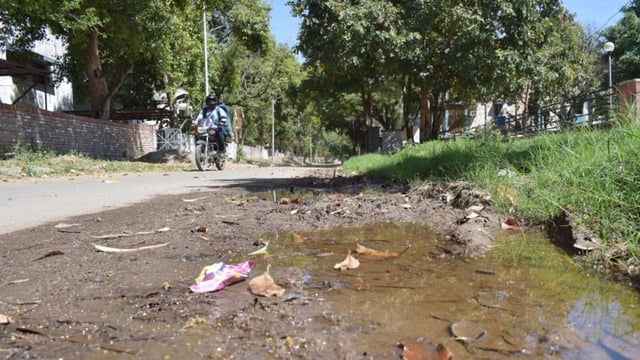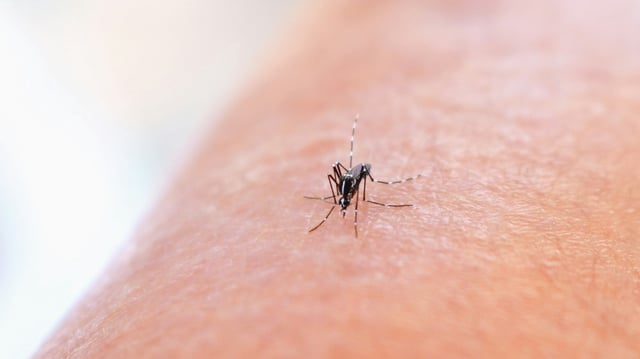Overview
- Delhi has reported 124 malaria cases this year—the highest in a decade—and 277 dengue infections by July 28, the second-highest in five years
- The Municipal Corporation of Delhi identified 9,117 new mosquito breeding sites in the past week and designated Hindu Rao, Swami Dayanand and Kasturba hospitals as sentinel facilities with reserved beds
- Mumbai’s BMC recorded 4,151 malaria cases, 1,160 dengue infections, 265 chikungunya cases and a 79% rise in leptospirosis by the end of July compared with last year
- The Brihanmumbai Municipal Corporation launched a citywide Zero Mosquito Breeding Campaign that surveyed over 1.4 million homes, screened nearly 7 million residents and removed tens of thousands of breeding containers
- Public health experts say early heavy monsoon rains and urban waterlogging have expanded mosquito habitats, fueling record and multiyear peaks in vector-borne diseases



